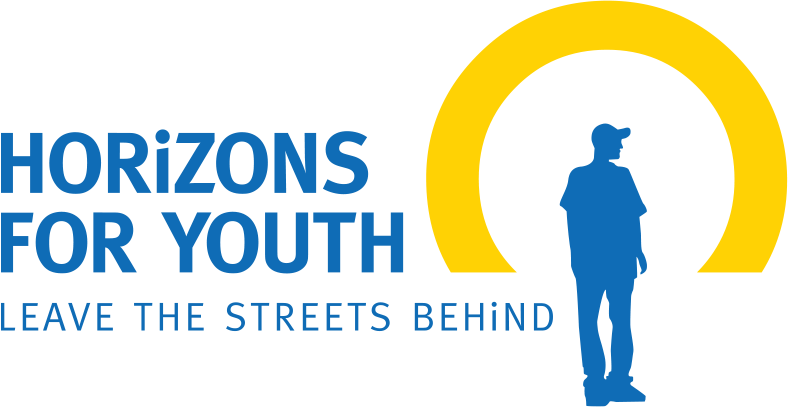Food insecurity is now the number one reason that Torontonians are calling 211, which is a directory of community, government and social service agencies in the GTA. Food insecurity is defined as a lack of access to a sufficient amount of affordable and nutritious food due to financial constraints. Previously, food insecurity was seventh on the list of reasons individuals called 211. Between April 1st and April 8th, 2020, 211 made 2,726 referrals to food banks in the city, which is six times more than during the same time period last year.[1]
The COVID19 outbreak has caused many Torontonians to lose their jobs or have their work hours cut. One study reported that 27% of Canadians said that they were already in worrying financial shape before the pandemic and now, cannot manage additional expenses.[2] To make matters worse, 40% of food banks in the city have closed because of a lack of volunteers and donations.[3] Moreover, food security experts warn that the global pandemic could lead to higher prices of food because of supply shortages, transportation challenges and ‘panic hoarding’. Last year, 4.4 million Canadians were living in food-insecure households.[4] The coronavirus outbreak will result in more Canadians being in this situation.
When this health crisis began in Toronto, Horizons for Youth’s quickly diminishing food supply was one of the first things that our staff members noticed. Before quarantine, many residents would not eat all of their meals at our agency because they would be at work, school or community programs. Suddenly in March, all of our youth were home. We are very thankful to Second Harvest and North York Harvest Food Bank for their regular contributions to our agency and to all supporters who dropped off groceries and meals at our shelter over the past few weeks. With this support, we have been able to continue providing three healthy meals and two snacks every day to our residents.
We are very worried, however, about youth in our Community Support program. Our agency supports over 100 former residents who are now living in the community. While we are so proud of these youth for successfully transitioning to independent living, many of them live pay cheque to pay cheque. Like many low-income Canadians, they do not have savings to fall back on if they lose their jobs or have their hours cut. We are concerned that some of these youth may become homeless again. Our workers are staying in touch with these clients to check on them and provide them with emotional support. We are also offering these clients emergency food packages and other needed items.
The sad reality is that there are more Canadians now at risk of homelessness. At the same time, social service agencies are struggling to support the increased demand for their services. Charities alone, however, are not the solution to food insecurity and homelessness. We hope this increased attention to food insecurity in Canada causes all levels of government to build a stronger social safety net, including increases to social assistance payments, a raise to the minimum wage and more affordable housing options.
How to help HFY:
1. Donate – monetary donations allow us to purchase what we need as soon as we need it, helping us best support our residents and community support clients
2. Donate food
3. Share this blog post – raise awareness of this issue and encourage your network to support Horizons for Youth and other local organizations helping low-income communities
Written by Stacey Murie
[1] Toronto Foundation, “Food Security during the COVID-19 Pandemic: Toronto’s Food Crisis is Imminent,” April 15, 2020. https://torontofoundation.ca/wp-content/uploads/2020/04/TF-Better-Toronto-Coalition-Brief2-v01.pdf
[2] Angus Reid Institute, “COVID-19: Canadians near-unanimous in expectations of economic woe as pandemic enters second month,” April 6, 2020. http://angusreid.org/covid-19-canadians-expect-worse/
[3] The Globe and Mail, “Canadian food banks struggle to stay open, just as demand for their services skyrocket,” April 11, 2020. https://www.theglobeandmail.com/canada/toronto/article-canadian-food-banks-struggle-to-stay-open-just-as-demand-for-their/
[4] PROOF Food Insecurity Policy Research, “Household Food Insecurity in Canada 2017-2018,” 2020. https://proof.utoronto.ca/wp-content/uploads/2020/03/Household-Food-Insecurity-in-Canada-2017-2018-Full-Reportpdf.pdf

